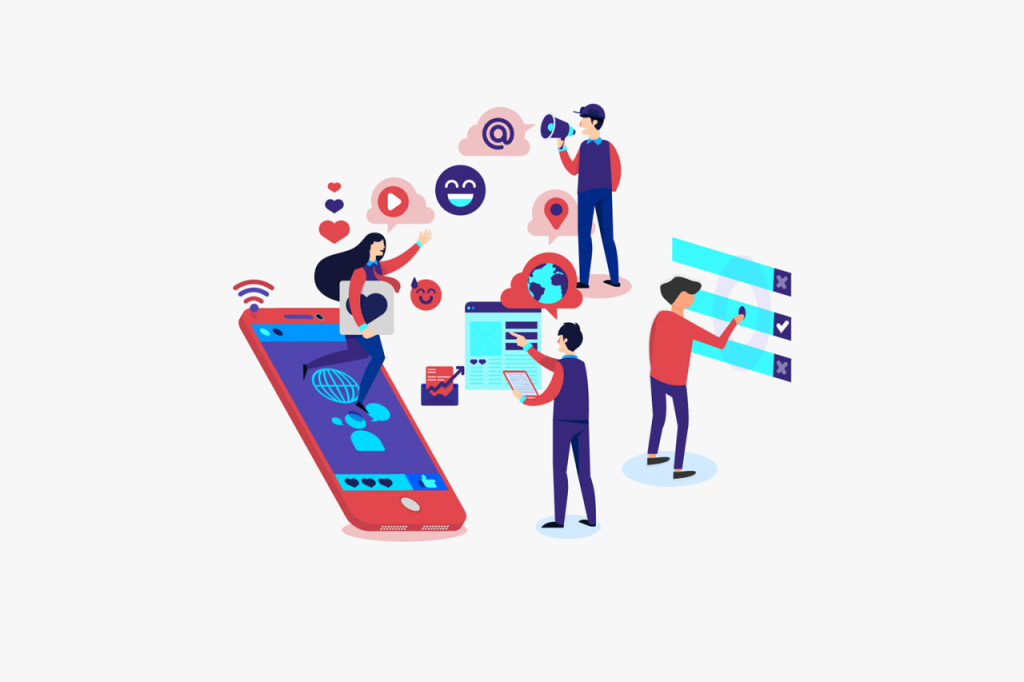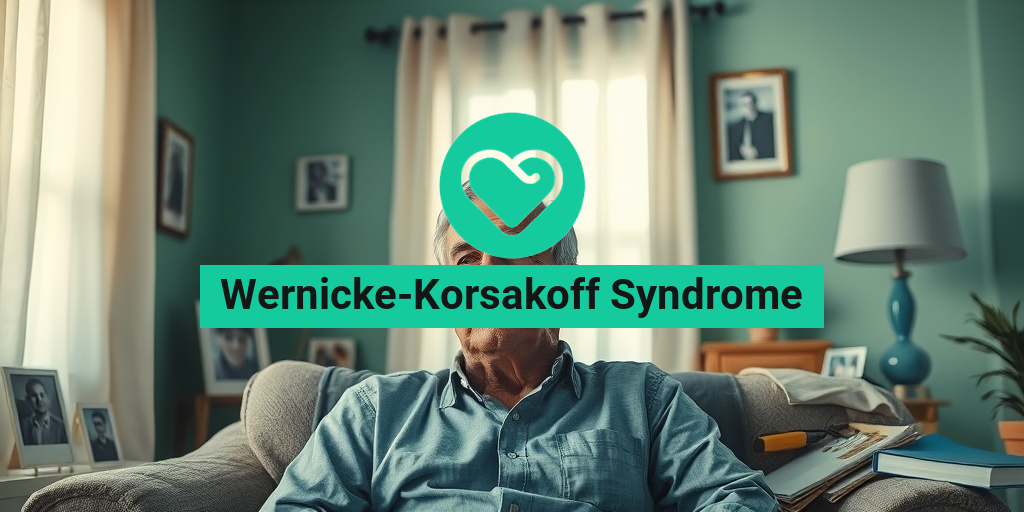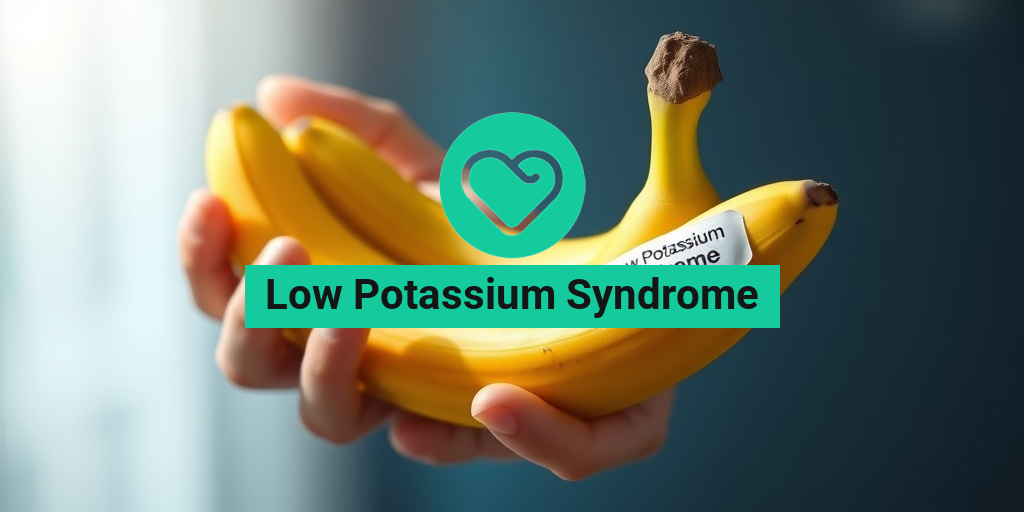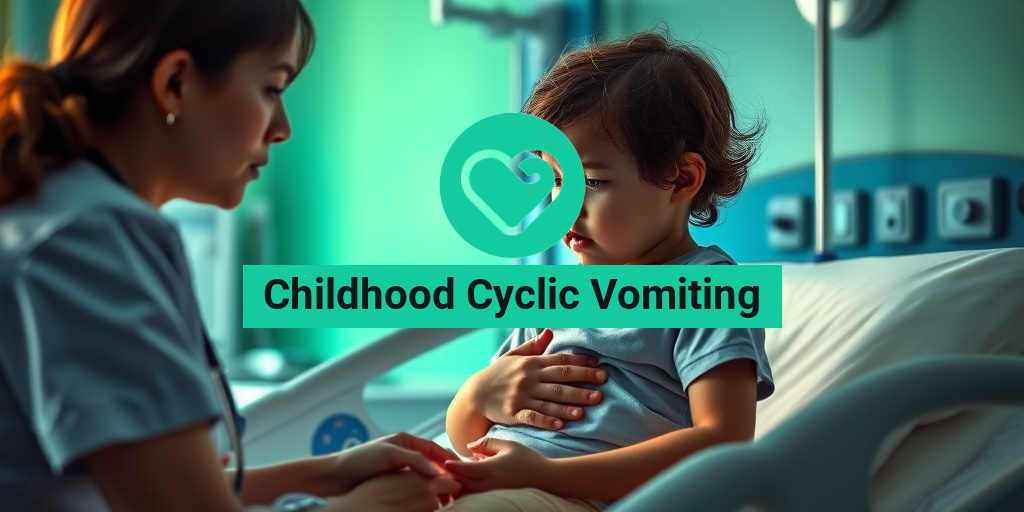In the wake of the digital revolution, a new player is emerging on the mental health scene – AI chatbot mental health softwares.. They promise a fresh and potentially transformative approach to mental health care, offering round-the-clock support and therapy at the tap of a screen. But are AI chatbots really the future of mental health? And could they ever replace human therapists?
Are AI Chatbots the New Therapists?
In an age where technology is at our fingertips, AI chatbots are rapidly becoming a popular alternative to traditional mental health care. AI chatbots, driven by artificial intelligence, are designed to simulate human-like conversations and provide mental health support. They offer confidentiality, anonymity, and immediate response, which is particularly appealing to those who might be reluctant to seek help in traditional settings.
AI chatbots are not just limited to responding to queries but are capable of initiating conversations and providing emotional support. Companies like Woebot and Tess offer chatbots that use cognitive behavioral therapy (CBT) techniques to help users manage their mental health. Woebot, for example, checks in with users daily, tracks mood, and provides therapeutic interventions based on the users’ emotions.
However, while AI chatbots may be a game-changer, they are not without their limitations. AI lacks the human touch – empathy, compassion, and understanding, which are crucial in therapy. Additionally, chatbots may not be equipped to handle crisis situations effectively, and there is always a risk of misinterpretation due to the lack of contextual understanding.
Transforming Mental Health: The Chatbot Revolution!
AI is undeniably revolutionizing mental health care. For starters, it’s breaking down barriers to access. Mental health services are often limited by factors like cost, location, and stigma. AI chatbots, accessible via a smartphone, offer a cost-effective and convenient solution, making mental health care more accessible to people around the globe.
Chatbots are also democratizing care by offering support in multiple languages, thus eliminating language barriers. Moreover, they can provide immediate help at any time, which is critical in mental health crises. They offer users the ability to track their moods and thoughts, allowing them to understand their mental health better.
Despite the challenges, the potential of AI chatbots in mental health is immense and cannot be ignored. For instance, they can play a significant role in early detection and intervention. By monitoring users’ language and behavior, AI chatbots could identify signs of deteriorating mental health and alert healthcare professionals.
In conclusion, while AI chatbots may not replace traditional therapists, they certainly are reshaping the landscape of mental health care. They offer a powerful tool for early detection, intervention, and support, particularly for those who might have been hesitant or unable to access traditional mental health services. However, it is imperative to employ these tools with sensitivity and caution, ensuring they are used as a supplement, not a substitute, for professional mental health services. AI chatbot mental health are promising an exciting future.
FAQs
Can AI chatbots replace human therapists?
While AI chatbots are transforming mental health care, they cannot replace human therapists. They lack human empathy and may not be equipped to handle crisis situations effectively.How do AI chatbots help with mental health?
AI chatbots use techniques like CBT to provide therapeutic interventions. They offer support, track moods, and can flag signs of deteriorating mental health.Are AI chatbots accessible to everyone?
Yes, AI chatbots are accessible to anyone with a smartphone and internet connection, making mental health care more accessible globally.Can AI chatbots detect mental health issues?
AI chatbots can monitor users’ language and behavior to identify signs of deteriorating mental health and alert healthcare professionals.Are AI chatbots confidential?
Yes, AI chatbots offer a high degree of confidentiality. However, users should always check the privacy policy of the chatbot they are using.





